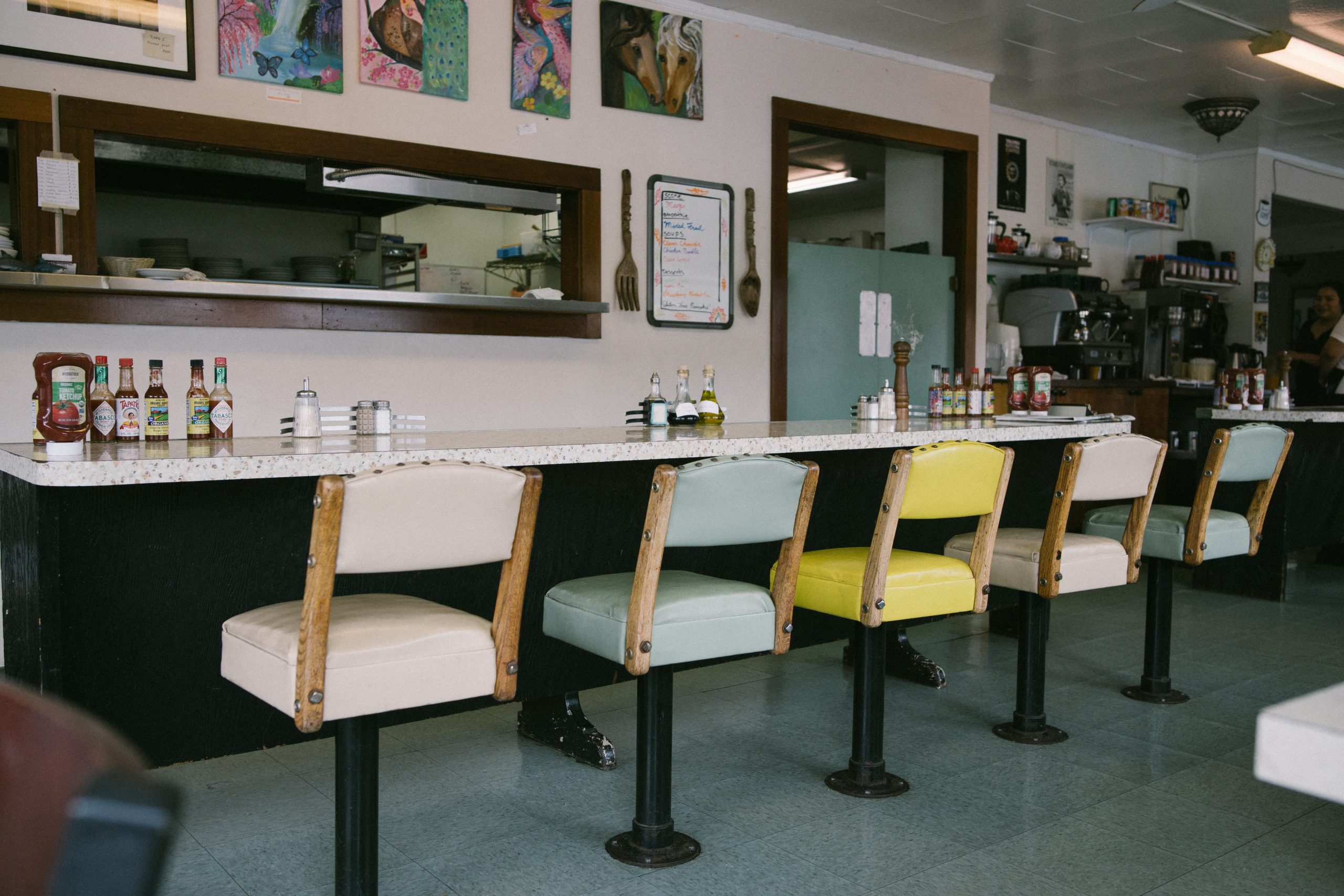Craft
“Anya” by Karen Smyte, 2015 Stella Kupferberg Memorial Prize Winner


The following story was chosen by Karen Russell as the winner of the 2015 Stella Kupferberg Memorial Short Story Prize. The prize is awarded annually by Selected Shorts and a guest author judge. The winning entry receives $1000 and their work is performed live at a Selected Shorts show in Manhattan. “Anya” by Karen Smyte will be read on closing night of Selected Shorts, along with stories by Simon Rich and Elizabeth Spencer, on June 10th at Symphony Space. Find out more about the event here.
Anya by Karen Smyte
She could feather the blade with a subtle push down of her middle finger on the oarhandle. Loose, liquid. Can’t coach something like that. She studied piano, years. A weaver of rugs or surgeon or shooter, in a different life.
This ease allowed her to feel the water and unlock her power early. In rowing, the hands are the first to respond to fear. Anya was sure with her hands. From the start, she suspended all her weight on the oarhandle, unafraid, trusting her fingers to link her to the water, pure connection, as if the oar was an extension of her hands, an appendage she was born with. Natural, some say, but it’s the kind of intelligence that unnerves because it’s unusual. I ask my women to hang on the blade, backs firm against the leg jump. I share similes, hoping ‘like a child hanging on monkey bars’ will illuminate. I manipulate bodies, show video. Eventually, most learn. A handful are like Anya.
Practice that day five 1500’s. The crew, while capable of concentration, distracted easily by other boats or birds alighting close to us. My girls were slow bringing their blades down, sleepwalked to the back of the boathouse bay to take the shell out. I allowed this dreamlike motion, never sure if this was kindness. I claimed not to know the names of their favorite musicians, pretended to be older than I was, closer to their parents. I talked about lifting the hands as they approached the catch so their blades entered at their long point and they could suspend properly. Four weeks Anya had been missing. What else could we do?
“Relax as you come up the slide,” I told them when we stopped on the water between intervals, desperate for them to balance their bodies and feel the boat run under them. Only Bridgette released the blade quietly from a dark, tight swirl: the others ripped their blades out, splashing wash up, loudly, like buckets of water thrown on the floor. “You’re tearing the water,” I told them. “It isn’t only about power. It’s how you control it.” They bloomed the last piece, rowed lighter to the dock. When they put their boat away, their laughter made the boys’ team skittish, like dogs on the street waiting on scraps of meat and bones.
After work, I walked through my door and played my messages. “Call me,” Sue said. I brought the chimes that hung on my balcony into the living room, directed a small fan on low for a constant wind to push the metal pieces randomly together. The tinkling reminded me of the sound small bits of canal ice make with the spring thaw, when water gently laps and pushes the pieces against the shore and one another. I wanted some kind of auditory cover, but the voices of the children playing baseball in the courtyard of the building, their admonishments and trash talk and hilarity, the crack, crack of the bat, noise. I closed the window. The radio and stereo ridiculous, too, with vocals and melodies and harmonies, attempts at control but none of it would change a thing. The ringing of the chimes I could believe in.
Our fears realized.
We’d hoped Anya was different, unusual in her disappearance. But after days of dredging the canal, divers, policemen more familiar with breaking up fights between best friends at junior hockey games, pulled up Anya’s body. One of them had talked with her mother only two days earlier, had slipped into magical thinking despite intimate knowledge of statistics, of Anya’s chances this long disappeared. But girls disappear every day.
Bridgette dropped by. She’d been before to watch rowing videos, to talk about her job, to eat and avoid home. “The secretary mispronounced her name in announcements,” she told me. I didn’t ask how the sounds were twisted. Did the secretary say Anna? Anu? Anneke? Polyanski? “How could she mess it up, coach?” I made tea and put cookies on a plate, having absorbed the rituals I witnessed my mother perform for years. Feed people. I was thankful for Bridgette and her vitality, would have let her stay as long as she wanted, but her mother phoned and called B home.
Her name was Anya Polyanskaya. I loved to watch her row. And her hands. She feathered the blade with a gentle push down of her middle finger on the oarhandle, loose, relaxed. A dentist, a seamstress, a jeweler, in another life.
***
Karen Smyte is a fiction student in the Warren Wilson MFA Program and the founder of Red Beard Press, a youth-driven publishing press based out of Ann Arbor’s teen center, The Neutral Zone. A former Canadian national team rower, newspaper reporter, and collegiate rowing coach, she now records incarcerated mothers and grandmothers reading bedtime stories to their children. Her favorite readers reside in Michigan’s Huron Valley Correctional Facility.









